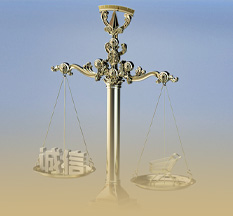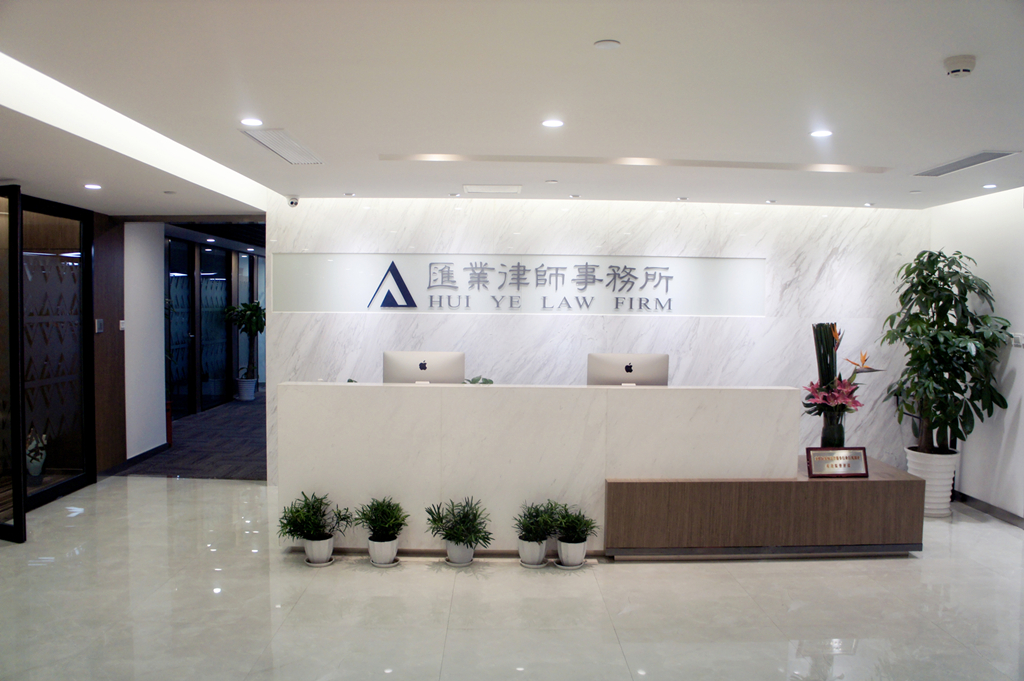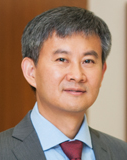recently, Judge Beryl of the United States District Court for the District of Columbia in Washington.Howell (Beryl Howell) Yes, Stephen.Taylor (Stephen Thaler) V. Hela.Perlmutter (Shira Perlmutter) The opinion was issued in the case against the United States Copyright Office. before, Taylor applied to the Copyright Office to register a copyright on a work created entirely using generative artificial intelligence. The copyright Office rejected his application. now, The court ruled in favor of the copyright Office's refusal to register the work. The plaintiff is disclosed in the application, The system contending image is called "Creativity Machine" The results generated by the artificial intelligence system.
Mr. Howell wrote in his opinion: "Human authorship (human authorship) Is the basic requirement of copyright. "
Tyler's lawyer Ryan.Abbott (Ryan Abbott) Said in a written statement: "We disagree with the district court's decision. The public is the main beneficiary of copyright law, No matter how the new work is created, As long as there are institutions to facilitate the production and dissemination of new works, The public benefits. "
A spokesman for the Copyright Office said: "The Copyright Office believes that the court's decision is correct. We are studying the ruling carefully, No further comment will be made at this time. "
Abbott was part of a team that represented Taylor in a series of cases. These cases aim to challenge intellectual property law around the world on the issue of human authorship.
A year ago, Published by the Copyright Office Review Board 3 After a letter of opinion, Taylor filed the lawsuit in federal District Court for the District of Columbia in Washington. The lawsuit also names Perlmutter, director of the Copyright Office and copyright registrar, as a defendant. The name of the picture is disputed "The nearest entrance to heaven (A Recent Entrance to Paradise) " , Taylor says it's the result of a sentient machine.
Taylor's at 2023 years 1 A motion for summary judgment was filed in October. The only issue he sees as controversial is this: "Can people register Copyrights for works created by AI? " The Copyright Office is 2 A brief of reply and a cross-motion for summary judgment were filed in October. Taylor and the Copyright Office respectively 3 Tsukiwa 4 The reply was filed in October. The copyright Office said, "The Copyright Office is based on "constitution" And reasonable rulings regarding the text of the Act and the unanimous decisions of the Supreme Court and the Court of Appeals upholding the human authorship requirement. "
Summary judgment and administrative record
In a one-page order, Howell granted the Copyright Office's request for summary judgment (Filed as a cross motion) , And denied Taylor's request for summary judgment.
A longer memo ruling was also released. The ruling underlines that "Administrative procedure law" (APA) The impact on this particular case, APA Limited to administrative agencies (The Copyright Office in this case) The action taken is subject to judicial review.
Howell writes, "In that way, The only proper question to ask is this, Whether the Registrar was arbitrary in reaching his conclusions, Willful or contrary APA. "
The answer is very clear: "The Registrar was not at fault in refusing the plaintiff's application for copyright registration. "
When talking about sentient machines and artificial intelligence, Justin was cited in a footnote to the verdict.Hughes (Justin Hughes) in "Columbia Journal of Law and Art (The Columbia Journal of Law & the Arts) " View in, Explain that although "Copyright law" Is not clearly defined "author" For humanity, But will "author" As anything other than a human being "Interesting speculation from academia" .
Howell explained, Although Taylor's work is the output of an artificial intelligence system, But with the world of copyright law and technological advances facing others "frontier" Compare with, "The problem is not that complicated" .
The turning point in the ruling appears to be that Taylor never tried to correct what was in the application record about his actual involvement in the synthetic output of the software. therefore, The court held that, The Copyright Office was right to dismiss the application on the grounds that there were no human authors.
The court concluded, The work never had any valid copyright at the time of its creation, Therefore it should not be registered. In addition, The court also stated that, Because there is no need to transfer the rights of the work, Therefore, there is no effective "Work for hire" thesis.
Abbott also explained: "We believe that the protection of AI works is fully compatible "Copyright law" Regulation of, And plans to appeal. "
Earlier this year, Taylor tried to question it "inventor" And whether it's limited to humans, But it was rejected by the United States Supreme Court. It will be interesting to see if Taylor faces a similar outcome on copyright law.
In the past year, The Copyright Office spends a great deal of time listening to and educating stakeholders on the topic of generative AI. Howell's comments support recent efforts by the Copyright Office.
The Copyright Office's current interpretation of U. S. copyright law is, There is no protection for works created by generative AI without human participation. In determining whether there are enough humans involved in the activity, The scope of originality depends on the application and analysis of minimization criteria. In fact, This approach requires a distinction between human and non-human contributions to the work.
For followers of these issues, Howell's ruling will not surprise them. As the court explained in that decision, It has been seen many times before that courts consistently uphold the human authorship requirement, There is no reason why this case should be different simply because it involves generative AI.
To change copyright law, Congress must act. merely, For Taylor, The battle appears to have been lost, But the fight will continue. (Be compiled from ipwatchdog. com)
TRANSLATORS: Rason group proofread: Wang Dan
disclaimer: This network reprint or compile the original articles are from the network, Does not represent the views of this website or confirm the authenticity of its content. If the source is mislabeled or the copyright of the article is involved, Please contact us, This website will be corrected in due course, delete, thank you.

Other guidelines for safeguarding rights








